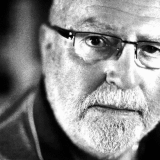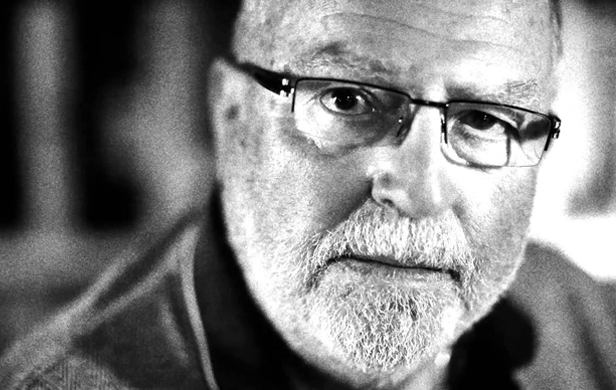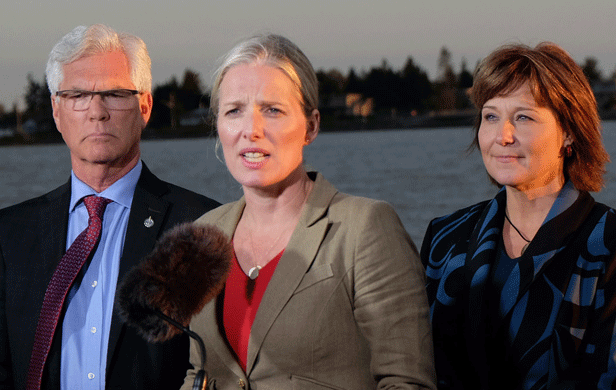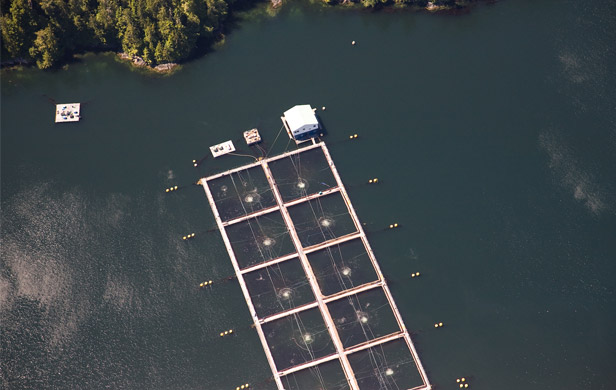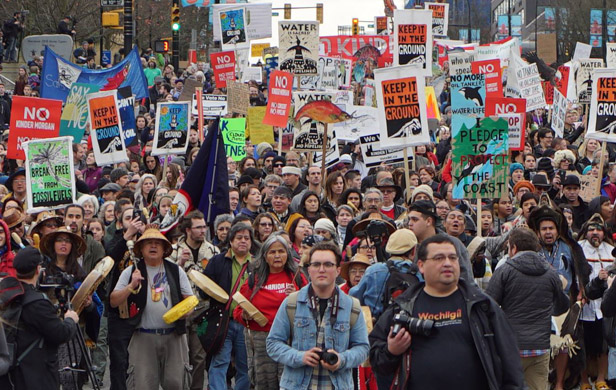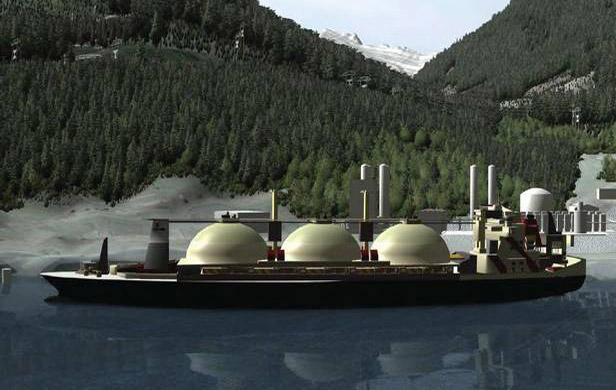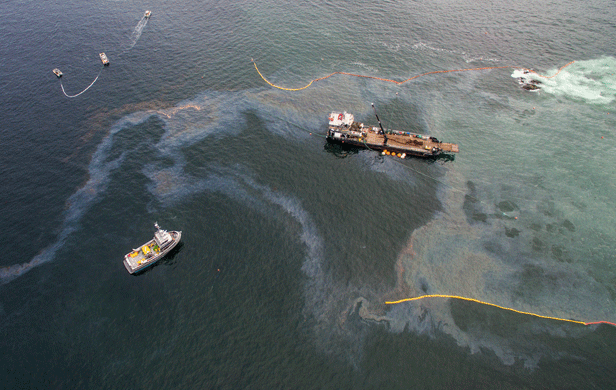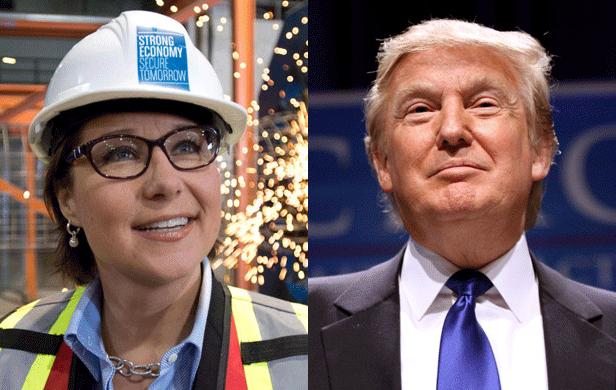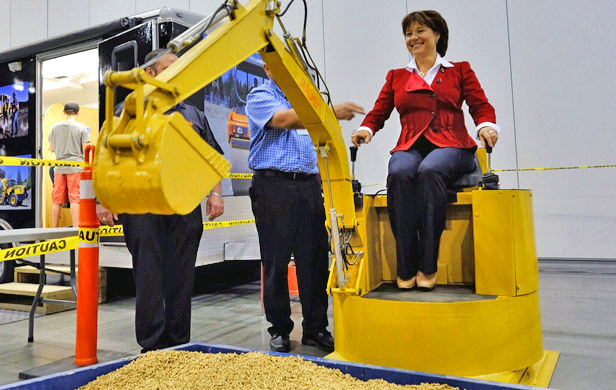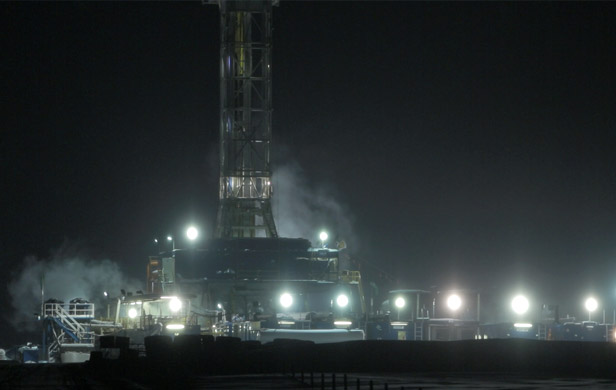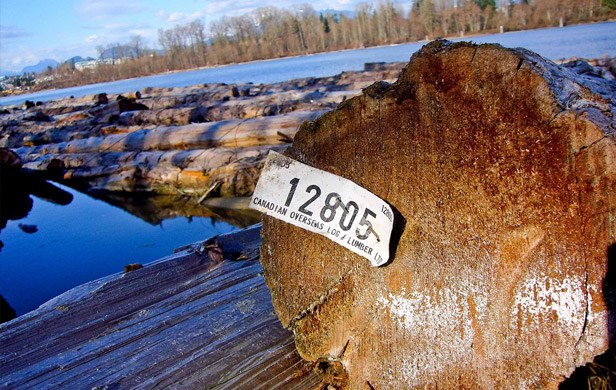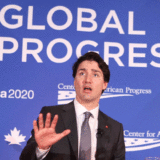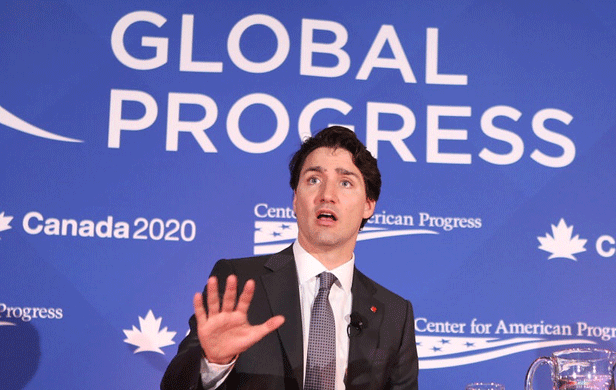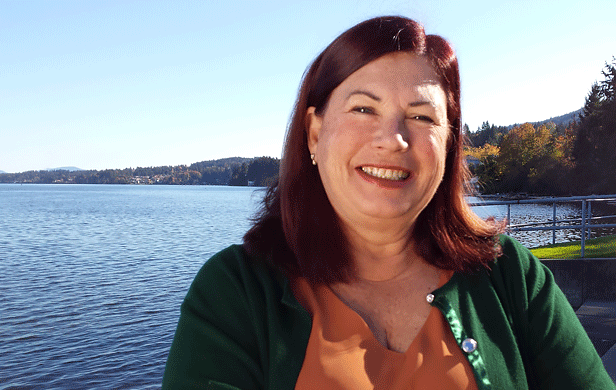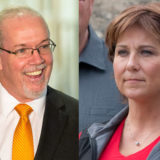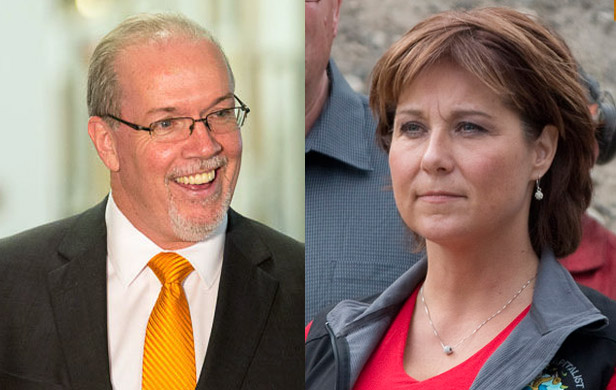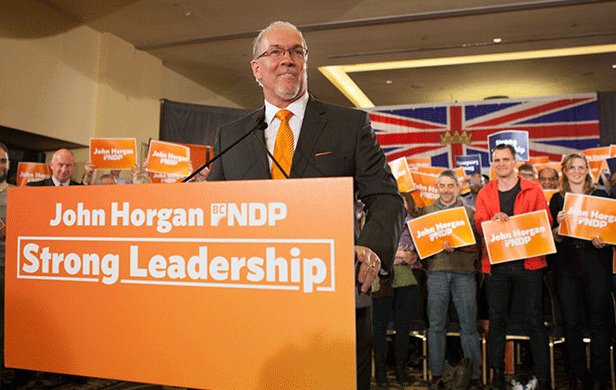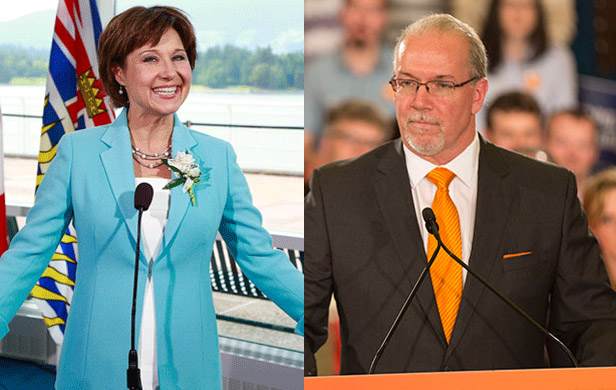
Let’s look at some political myths and near-myths.
The BC Liberals are hammering away at the NDP, saying that the last time they were in office, it fiscally ruined the province; this from the government that in 16 years, in 2016 dollars, has doubled the provincial debt.
They say that when they took over in 2001 from the NDP, the province was in catastrophic financial shape. In fact the NDP left a surplus of $1.5 Billion.
The Liberals claim they have had 5 straight balanced budgets.
Well, you can have one too. Form a little private company, put your house and car in it, give it the money to make payments, and, presto! Your household budget is balanced. That’s precisely how the Liberal government operates – if you simply take BC Hydro and ICBC out of the picture, their budget is nice and balanced.
Your company is in lousy shape, of course, and your banker will soon catch up to you. Governments don’t have to worry about things like that because they are hugely valuable customers and the bank knows the government always has the taxpayer to soak.
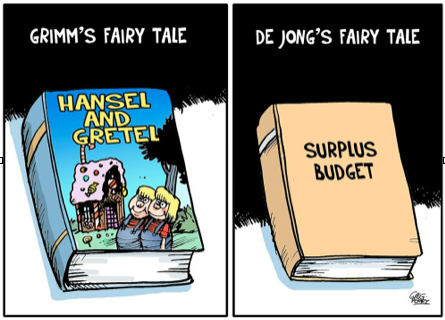
As so often is the case, the cartoon tells it best, as surely is the case here, proved by Greg Perry.
Dave Barrett, the first NDP premier, was the bête noir of my era and while he certainly wasn’t a great premier, was much better than we admitted, with several accomplishments still very evident, including the Agricultural Land Reserve, ICBC, along with very important reforms in the Legislature. He did some dumb things like buying Ocean Falls, a Victoria restaurant thereafter known as Barrett’s Beanery, Panko Poultry – giving the opposition the marvellous nickname Pinko Panko, “All Left Wings and Assholes” – and Swan Valley, a huge agriculture failure he somehow escaped blame for.
It’s too easily forgotten by the Right that, contrary to their allegations that Barrett favoured unions, he lost the 1975 election because of back to work legislation. In spite of solemn and learned pronouncements by Socreds of the day, like Rafe Mair, a Kamloops lawyer, the sky didn’t fall, business didn’t move en masse to Alberta, and communism was somehow kept at bay.
I’m going to leave out Bill Bennett because I was part of that government, except to observe that, contrary to opposition rumours, the hospitals didn’t close, the poor were not sent to workhouses, nor were unions disbanded and their leaders thrown in jail.
Bill Vander Zalm unquestionably destroyed the Social Credit Party, opening the way for Gordon Campbell and Christy Clark and was a first class, all-time example of how not to govern by consensus.
Rita Johnston was not there long enough to be judged and was the unofficial sacrificial lamb for everything associated with Vander Zalm.
Mike Harcourt was a weak premier, unable to handle a scandal he had no part in. I believe that his successor, Glen Clark, was a very good but most unlucky premier. The Fast Ferries were a mistake that was made to look worse by the giveaway price Campbell sold them for, but chickenfeed compared to any of half a dozen by Campbell/Clark.
If a fair-minded person does any research, it’s obvious that the Dimitrios Pilarinos scandal should have borne by the Crown for showboating in the original search of Glen Clark’s residence, intolerable delay, and proceeding on a paucity of evidence of wrongdoing – bloody stupidity, yes, but, as the trial judge said, “There is nothing in his conduct that crosses the line from an act of folly to behaviour calling for criminal sanctions.”
Dan Miller was simply a short stand-in but Ujjal Dosanjh indicates a justifiable reason one might be leery of the NDP – but more to do with the party than the premier.
Unity has never been the NDP’s strong suit and anyone who attended the leadership convention that made Dosanjh leader can attest to that. The dissension, which almost seemed funny at the time, carried over into government and from, my vantage point, Dosanjh was dead on arrival at the premier’s office.
What is the current state of affairs? The NDP lost in 2013, blowing a huge lead by choosing the last few days to hold their traditional eating of their young. How secure is Horgan, given his tepid-at-best record as Opposition leader? Would he lead a stable NDP Government, an oxymoron?
Libs stick together, no matter the consequences
The Liberals are the very opposite – they remain loyal when sane and sensible people would long before have thrown the leader under a bus, but you have to ask yourself if this philosophy, though directly opposite that of the NDP, is really any better if it just perpetuates the term of a lousy premier? For it sure as hell isn’t superior morality at work, but a huge desire to win – no matter what the consequences – that transcends all other considerations. Any damned fool, myself included, knows that if these were normal times, Christy Clark wouldn’t have a prayer in a leadership race but, at election time, all leadership failings are not only ignored, but the Liberal party, with its long tradition of lying through its teeth to win, goes to work on this speciality with an experience none can come close to, much less match.
You will not find a word coming from Liberals about the real issues, the actual – not phoney – fiscal situation; you will think that there never was a BC Hydro or ICBC, and you can forget about integrity, honesty and truthfulness. Needless to say, social services like mental illness, violence against women, kids in need, homelessness, health lineups and so on won’t even be hinted at. You will hear the carefully manicured mantra about balanced budgets, job creation, and the destruction of the province if the NDP are elected.
Why your local MLA doesn’t matter
If there is such a thing as mass hypnosis, it’s evidenced in the notion that the quality of the candidate should be the determining factor. Every day I read the comics online, having long ago given up making charitable donations to Postmedia, and every day I see ads for our Liberal MLA and allegations about his many achievements on our behalf. In fact, he’s done nothing that each of his colleagues haven’t done or, put another way, if our MLA was a scarecrow or a fencepost with hair, they would have as much right to take credit. Whenever I hear someone say Joe Blow or Sally Slim would make an excellent MLA, I ask, “Why?”
This will be hard to swallow, folks – unless your MLA winds up in Cabinet, they will have ZERO influence upon policy or statutes and if a cabinet minister, unless one of three or four key ministers, not much. When that road is built or the grant goes to the local sports event and you are the MLA, by all means, take credit, because the public is probably dumb enough to believe you. In fact, you know full well that the money came because the party wants the seat and couldn’t care less about whose ass occupies a government seat in the Legislature.
To put it bluntly, policy and legislation are made in the premier’s office, with a bare handful of ministers involved. It’s passed in a cabinet meeting where the ministers know that if they cross the premier they’ll be out and on the backbench, their car will be gone, so will 1st class travel and their pay cut in half. When former US House of Representatives Speaker Sam Rayburn said, “to get along, you must go along,” he knew what he was talking about.
When the bill is voted on and you are a government MLA, you vote yes. If you don’t, the penalty can be as high as being thrown out of caucus and the party. I beg of you to understand that there is not a particle of democracy involved and your MLA could be replaced by a voting machine operated by the premier’s foot with no loss of democracy – for the simple reason it was never there in first place. Under our so-called “Responsible Government” system, it’s the party, not the individual that counts. Thus, I leave you with this irrefutable advice:
Vote for the party and don’t trouble about who your MLA is because it just doesn’t matter.*
* Any who would like my paper on Responsible Government, free of charge, please contact the publisher.
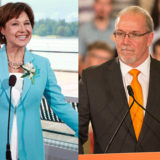


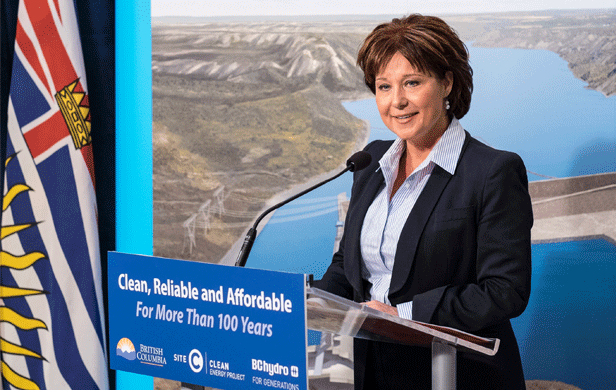
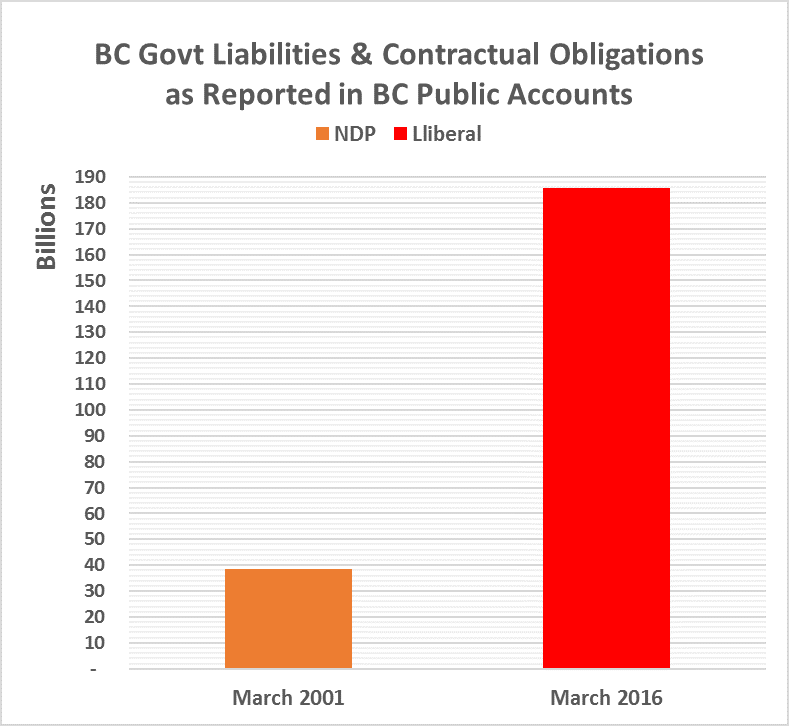
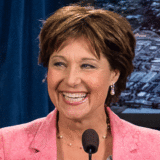
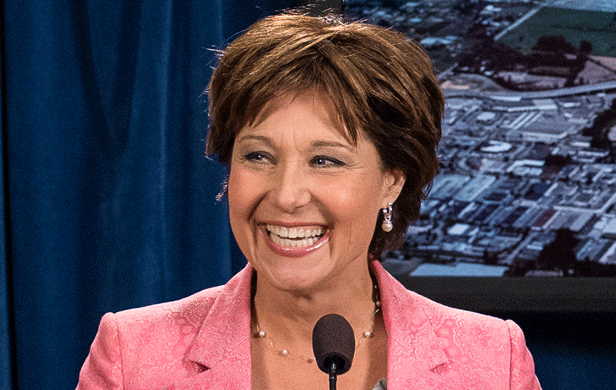
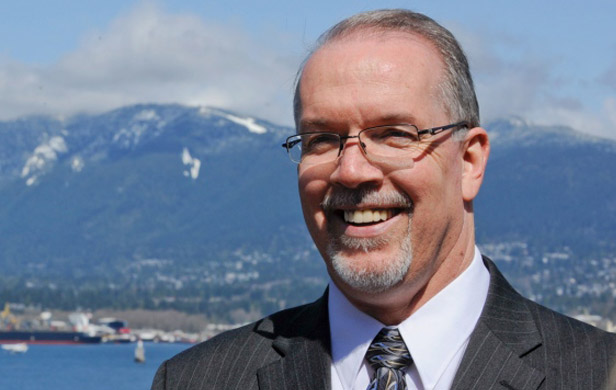
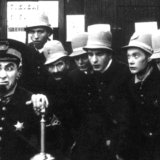
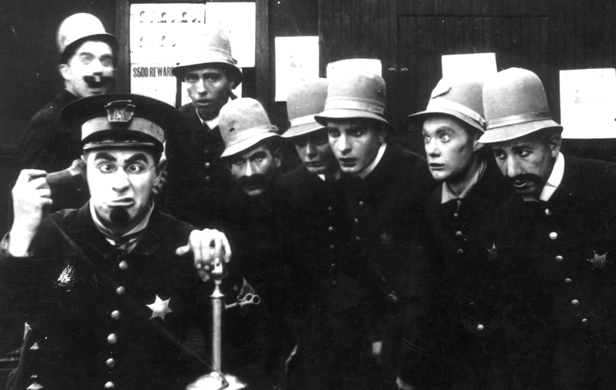
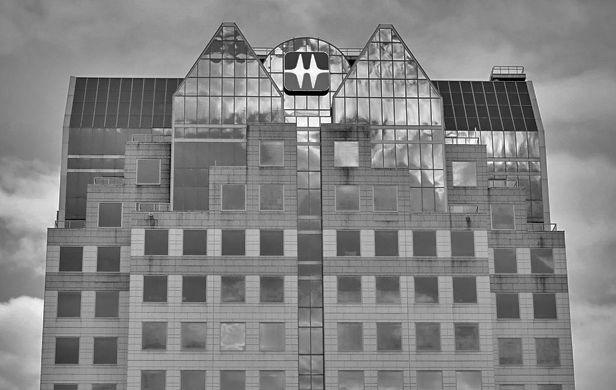
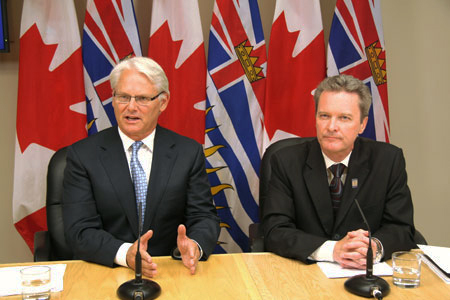

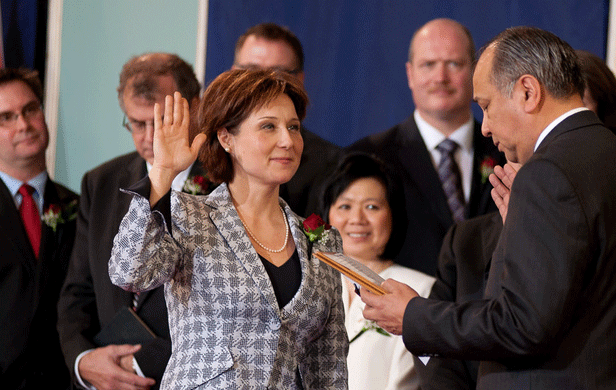

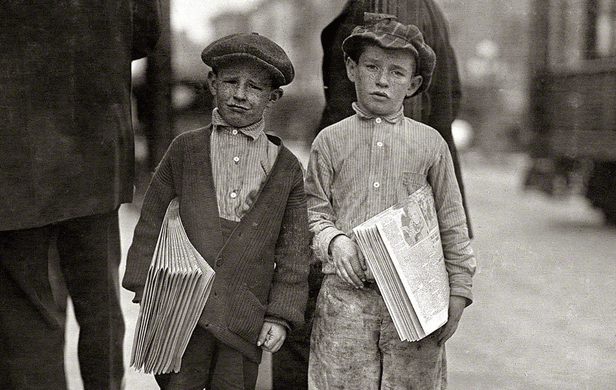
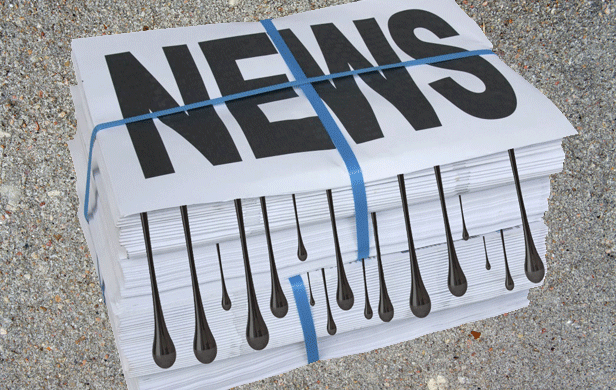 The largest Canadian newspaper chain, Postmedia, has a
The largest Canadian newspaper chain, Postmedia, has a 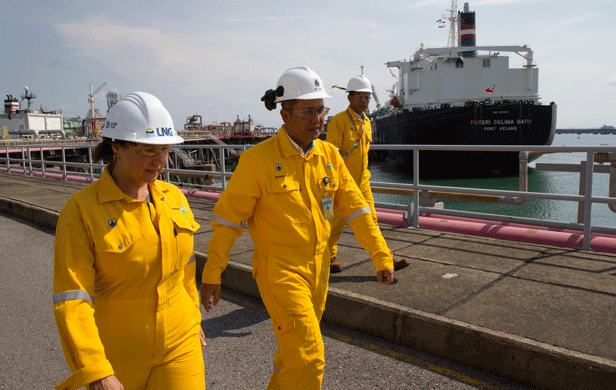
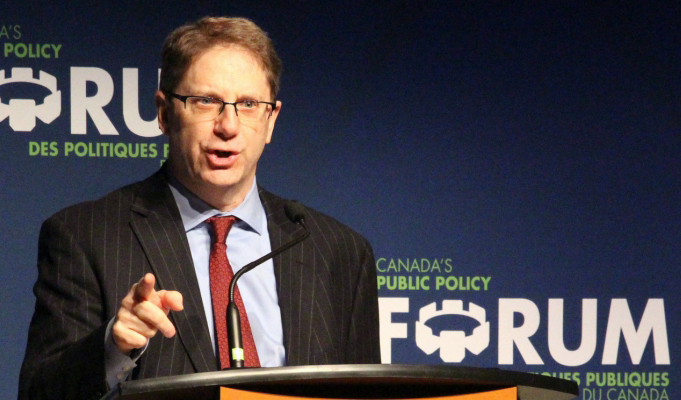
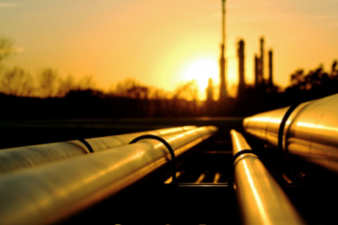 Let me close with joining dots between the Public Policy Forum and Kinder Morgan. Do you wonder what their position would be had this BC controversy been referred to PPF? Here’s one of their projects – billed
Let me close with joining dots between the Public Policy Forum and Kinder Morgan. Do you wonder what their position would be had this BC controversy been referred to PPF? Here’s one of their projects – billed 